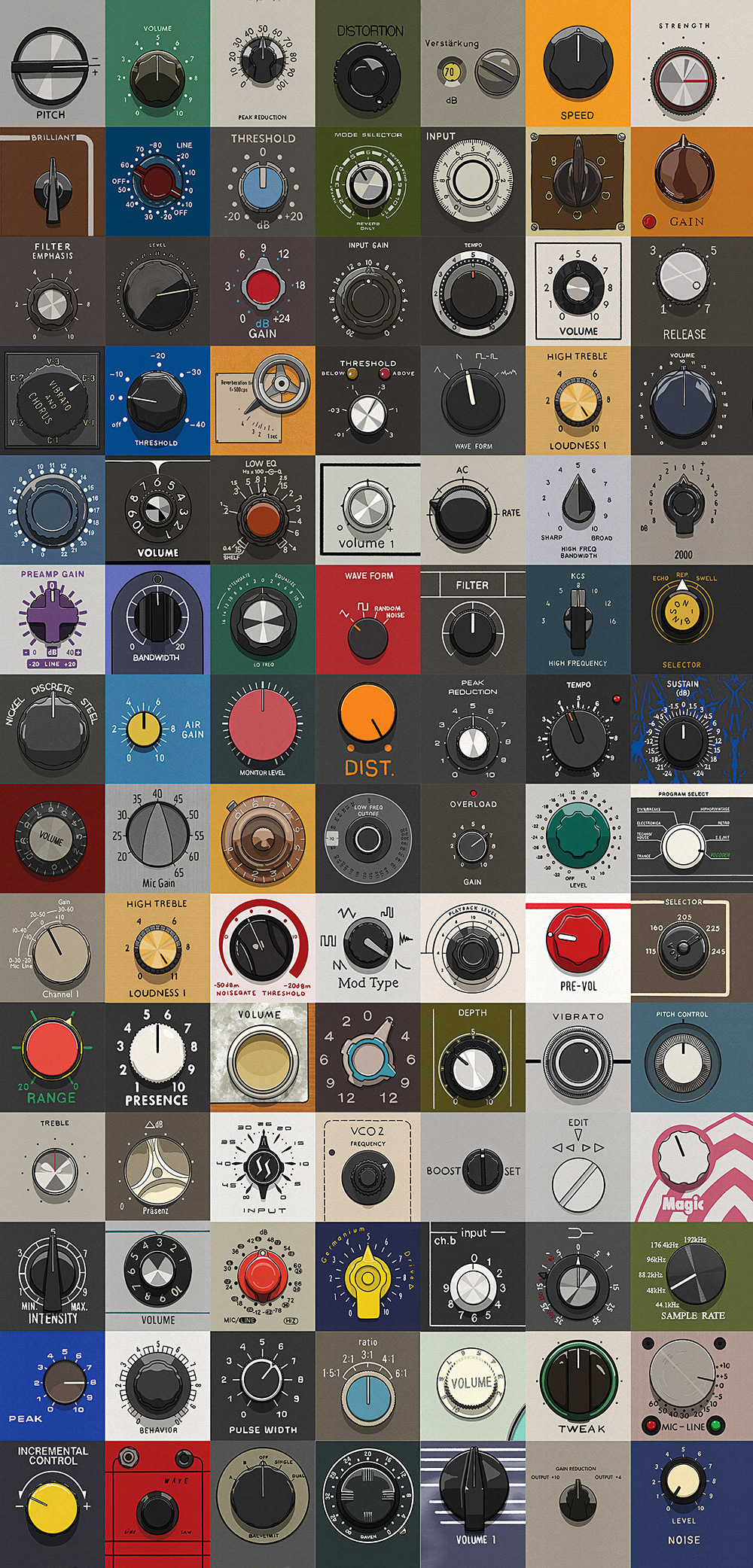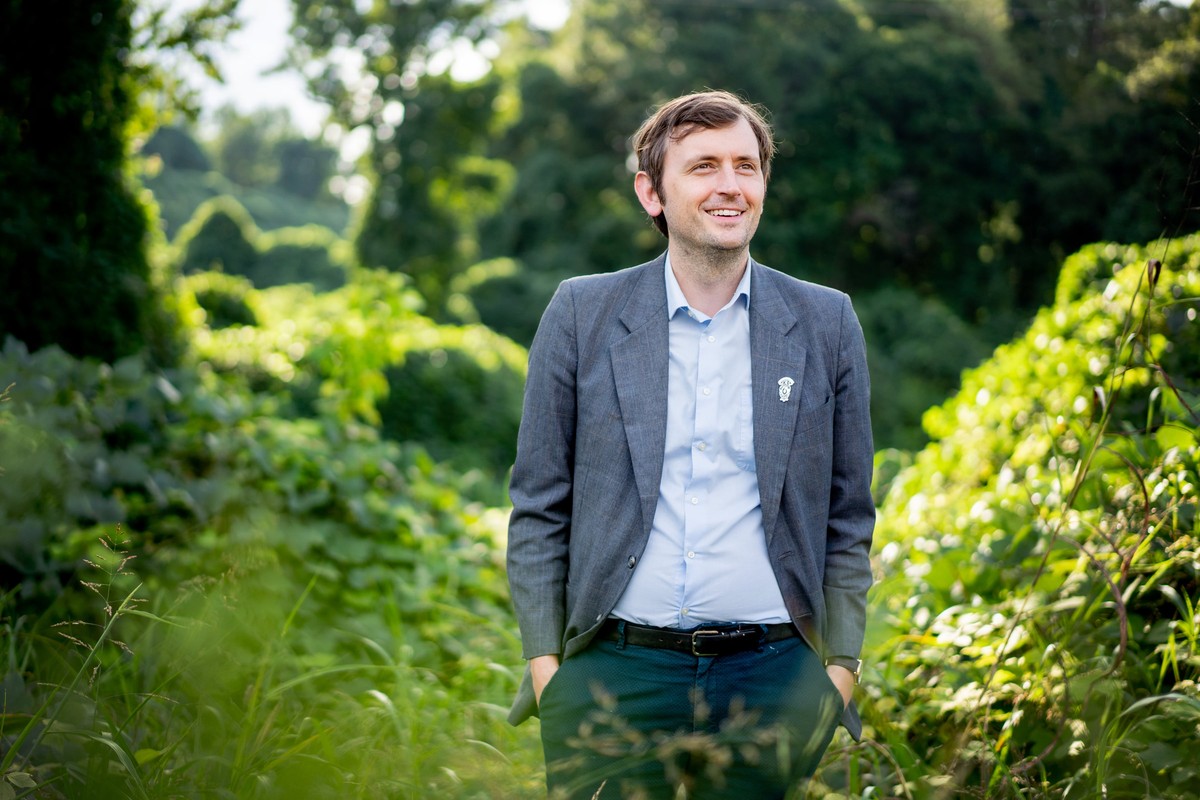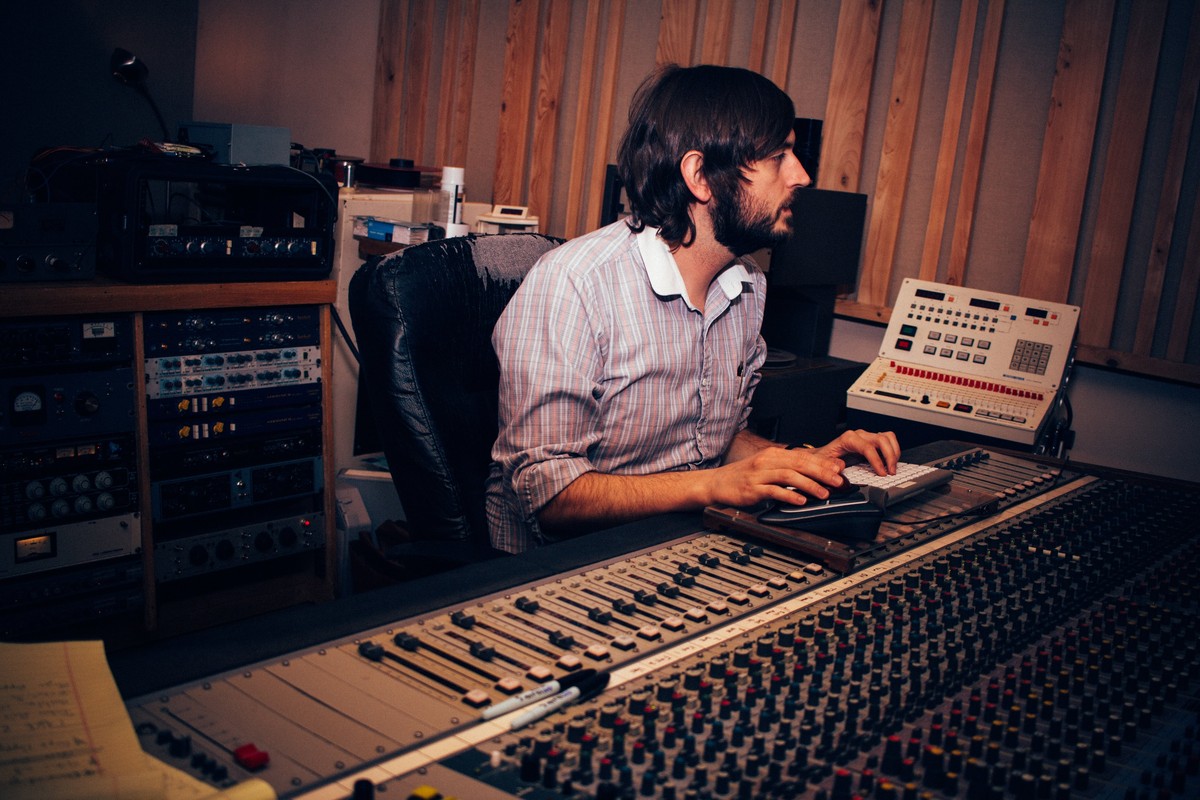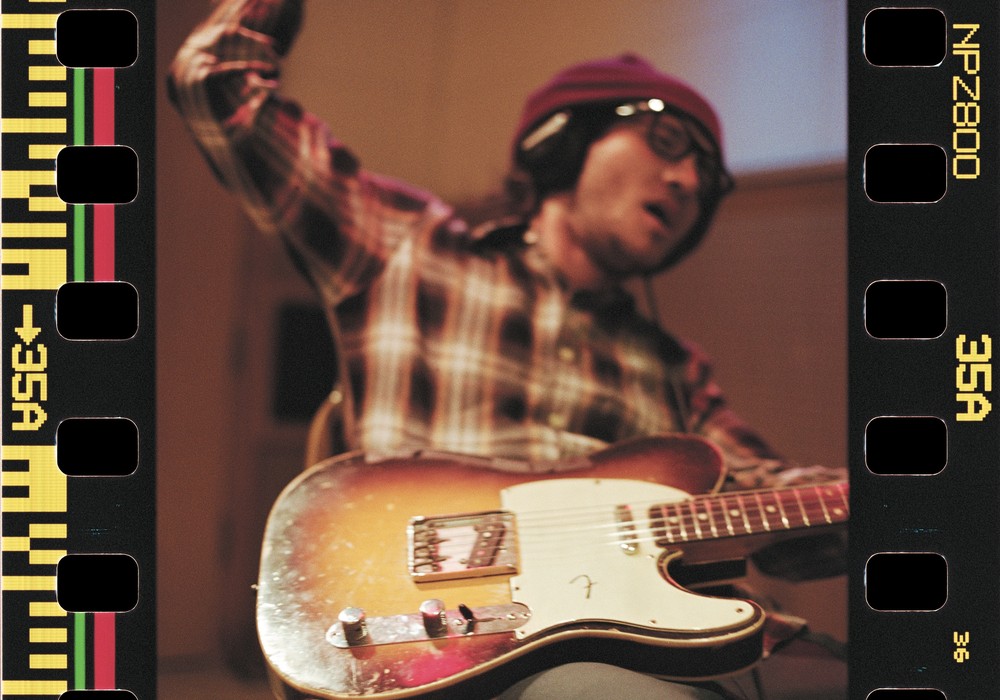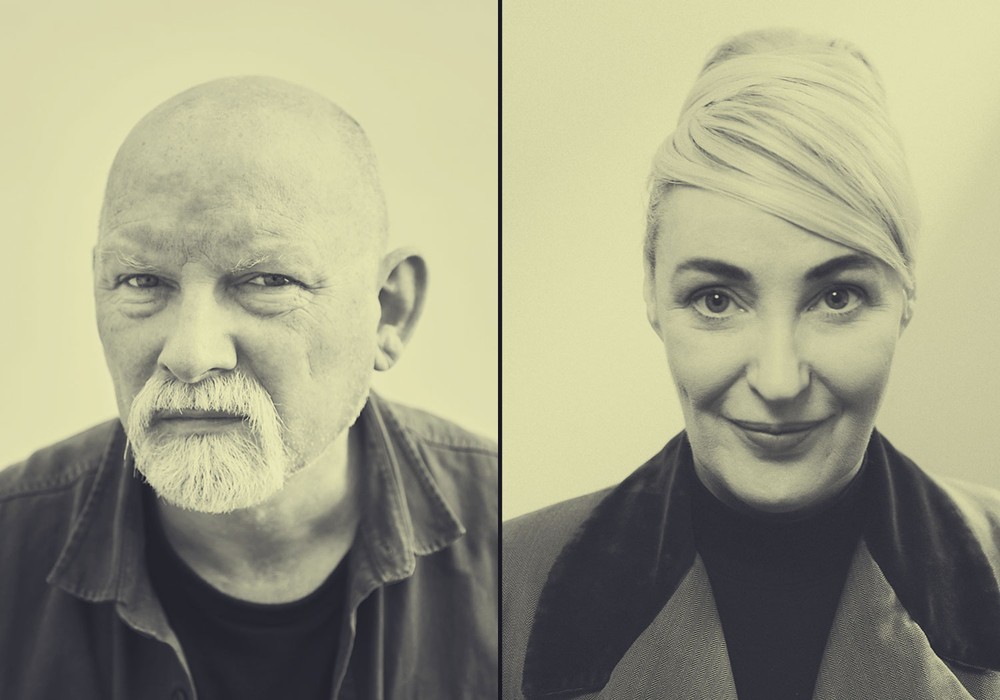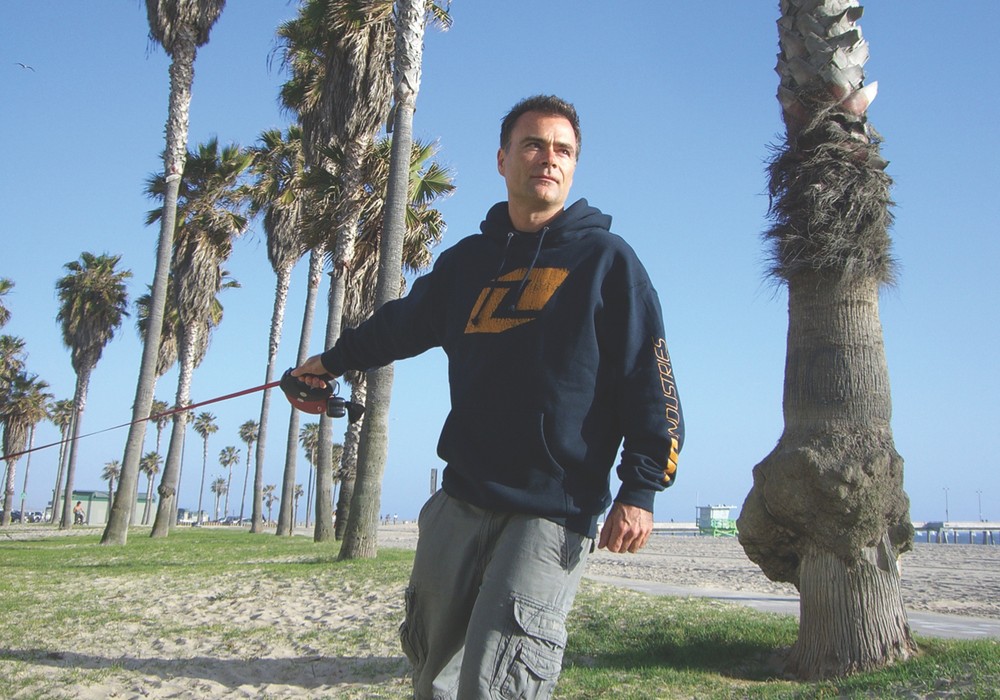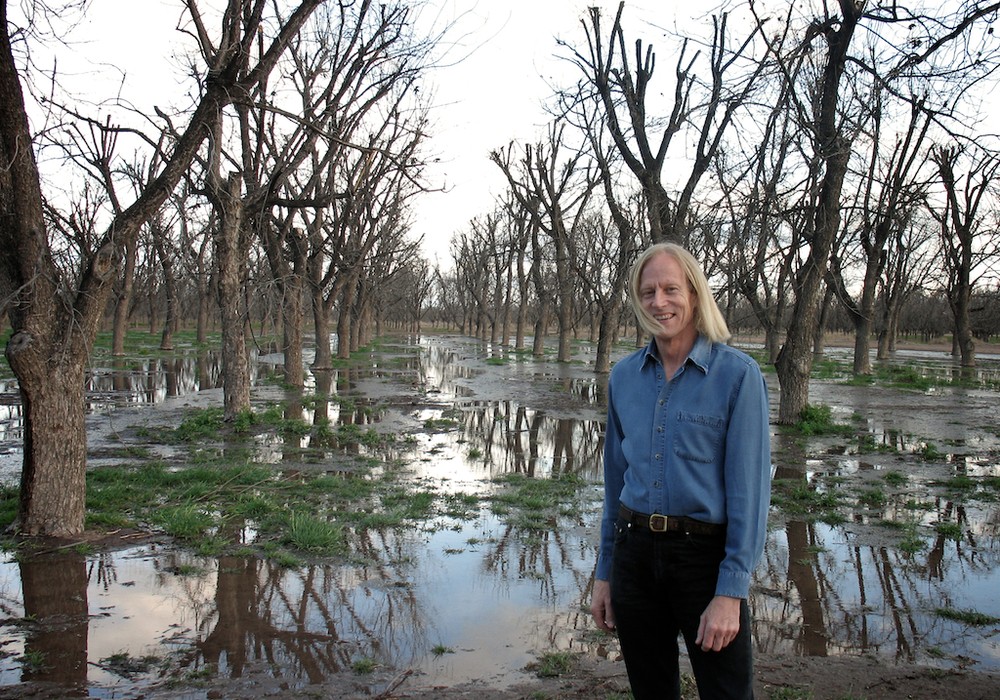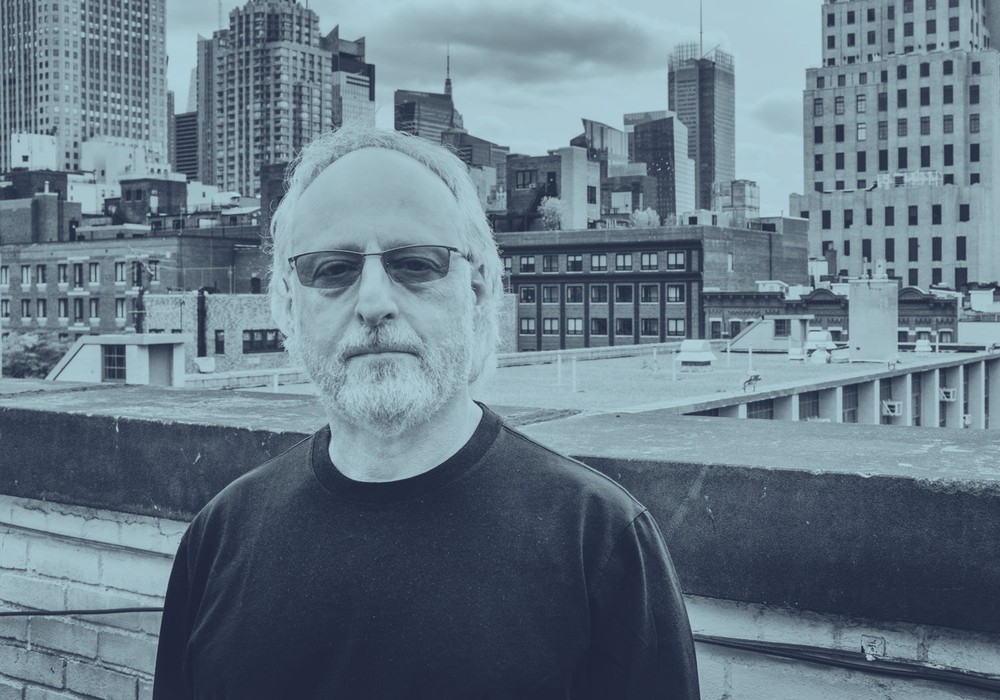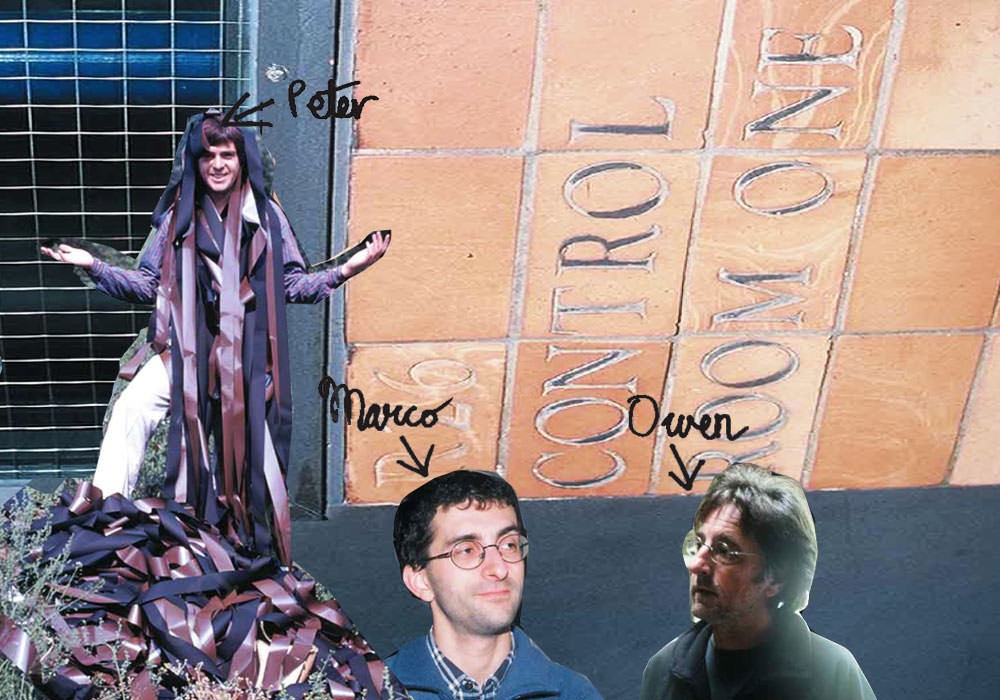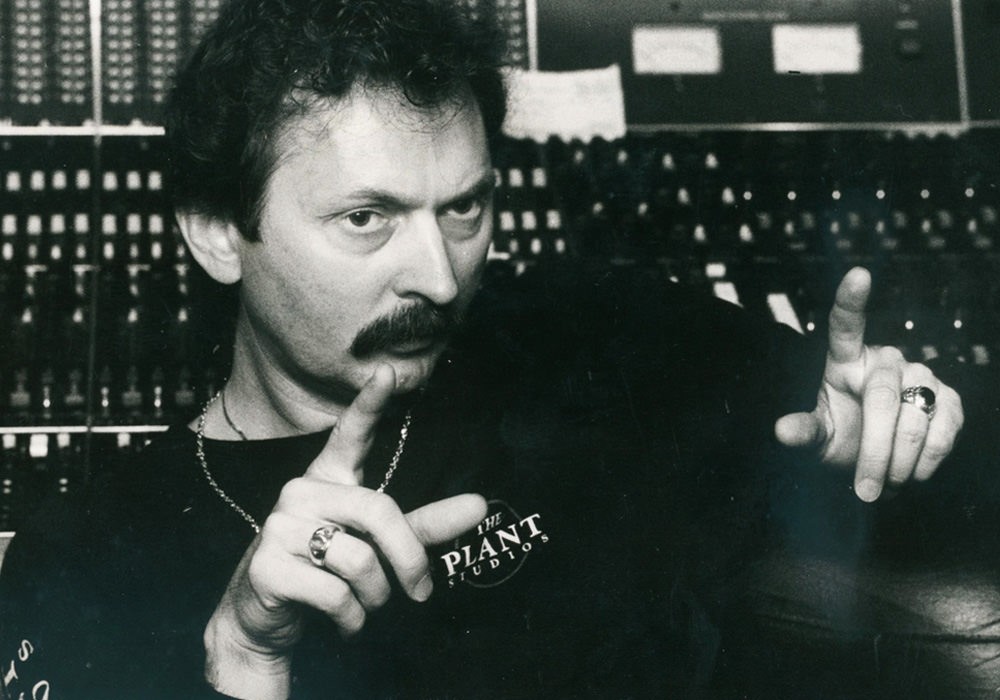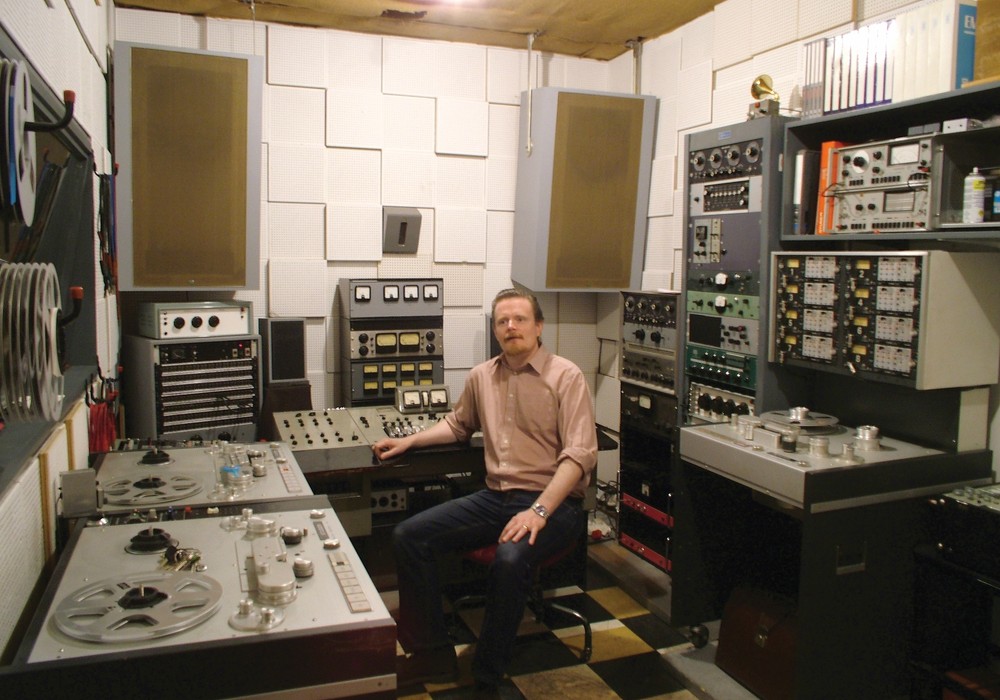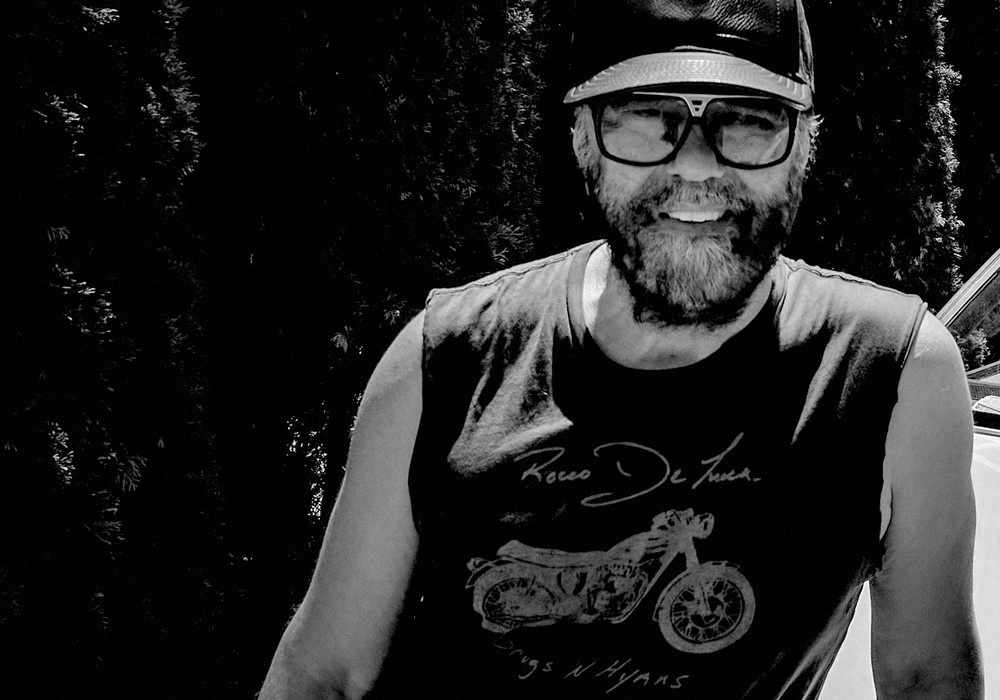Can you tell me a bit about the recording program you went to?
I went to Indiana University in Bloomington. They have a great recording arts department there. It’s really small, and they only accept 15 people a year. It was scary and crazy trying to get into that coming from out of state. The way it was then was you'd do one semester of music theory, an electronics class, and a basics of recording course. Depending on the grades and your interview performance, that’s how you'd get into the program. One could waste an entire semester without getting in, and the "weed out" classes had about 200 people in them. I’m looking around, thinking, "How am I going to do this?" But that first semester at IU I got 100% on almost everything I did. I wanted to get into the program. I was sure that’s what I wanted to do. There was no way I was going back to Georgia.
Did you have an electronics background going in, or were you going in more from the artistic side?
I think it was both. I was a musician first, as a kid, then I found out that a recording engineer was a job from reading it in the liner notes of a CD when I was 14 or 15. I went and looked it up on whatever my dial-up [internet] was, because this was probably in the year 2000. I looked up what the job of “recording engineer” was, and thought, "Oh my god, that’s what I want to do for the rest of my life."
I was into music, but I was not a great musician. I didn’t have the patience, or the passion to practice. For people who are incredible musicians, practicing doesn’t feel like a slog. All of my friends who are great songwriters or musicians, they can sit down and play for an hour and it’s fun. When I was taking piano lessons, I couldn’t concentrate long enough; I was always looking towards the next thing.That’s interesting, because recording can often be such a slog.
I know. It’s a weird, ironic thing – it does get sloggy – but I can Zen out doing that. I never felt that way playing on my own. Another thing that drew me to this, over being a musician, is that I’m 100% into the social aspect of music making. Band practice is fun and playing shows is fun, but I’m never going to put in the time to become exceptional on my own because I found that incredibly boring. But, as far as electronics go, when I was a kid, I loved to take things apart. I would take apart old TVs, which I found out was fairly dangerous. One time I smashed the bulb that holds all the gas in it, and there was this huge plume of toxic gas in my parents' basement. I would also take apart old radios and cameras. I got that bug from my dad. He was always a big computer hobbyist, building his own PCs. I learned a lot about that very early.
Were your parents influential on your music appreciation?
We would listen to the oldies station, so I was listening to The Beatles, the Beach Boys, and Motown. My mom was also into keeping up with contemporary music, so she had Pearl Jam and Red Hot Chili Peppers CDs. They also listened to U2 and Talking Heads. I didn’t know anything about jazz or classical. They definitely weren’t listening to rap or hip-hop. Maybe a little R&B. I was lucky in that we weren’t just listening to new country or something. I was a nerdy, weird kid, and I had nerdy weird friends, so I found out about music a little past my age sometimes. Then I got addicted to MTV, and I got into R&B and hip-hop. I loved the BET video show 106 and Park, and I’d watch the countdown on TRL [Total Request Live] on MTV every afternoon after school.
You had a music obsession pretty early on.
Yeah. It’s funny, because my parents...
